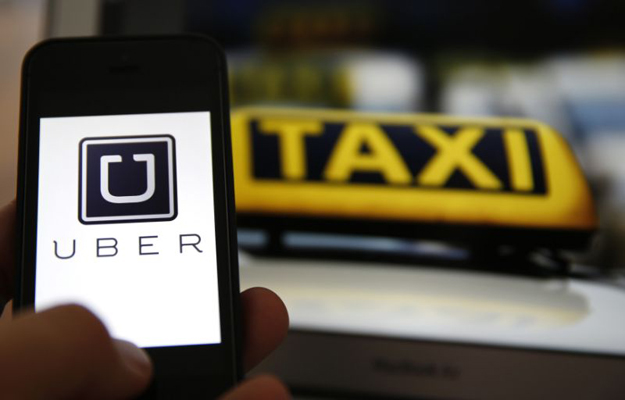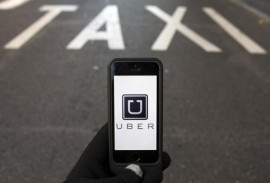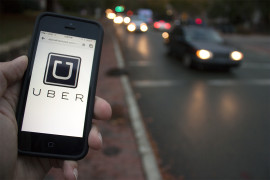
“Pakistan has been one of Uber’s fastest growing markets globally,” asserts Zohair Yousafi, head of expansion at Uber Pakistan. “It’s been an absolutely amazing ride so far.”
“Just to see the amount of uptake has been an immensely rewarding feeling.”
Uber vs Careem: Which online taxi service is better
The ride-hailing behemoth recently expanded local operations in the South Asian country, unlocking Karachi – a teeming urban metropolis of over 20 million people. Zohair says there’s “several hundred” driver partners already plying the roads with many more being added daily.
He refrains from giving specific figures about active users or ride-hailing requests, but does say that “a large chunk” of the US$250 million Uber said it would be investing in the Middle East is earmarked for Pakistan.
Uber’s growth in Pakistan is largely attributable to the strength of its Lahore operations. Zohair claims there’s over 1,000 driver partners active in the city, with 65,000 active users.
“Lahore was one of the fastest growing cities we’ve had across the Middle East and Africa region to reach the volumes it’s reached. Karachi’s gone one step up, it’s been one of the fastest launches we’ve seen anywhere in the world even compared to cities like London and Paris,” he affirms.
Uber cuts Lahore fares by 30%
The team in Pakistan is built of just four full-time employees, although Zohair does say they’re looking to “hire aggressively.”
He adds that there’s been a large number of people signing up to drive for Uber on a casual basis, much like you would see in the West. There’ve been students, teachers, software engineers who use the platform for a few hours every day to supplement their incomes.
Uber money
Local media reports suggested some Uber drivers were making approximately US$1,000 every month, a small fortune in a country where the minimum wage is just US$130. Zohair, however, refused to confirm these claims.
He’s also tight-lipped on whether Uber’s profitable in Pakistan. “We’re still in the investment phase, we’ve just started operations,” he explains. “However, there’s a lot of good we’re seeing here.”
It’s clear Uber’s gearing up to firmly ensconce itself. “You look at the opportunity, the infrastructure, and Pakistan ticks all the right boxes. There’s a lot more awareness today about digital technology and how to use it,” outlines Zohair.
After Karachi, the next port of call is likely to be the capital city of Islamabad and the adjoining city of Rawalpindi. But there’s a lot of scope for further expansion – tier 2 cities such as Faisalabad, Multan, and Hyderabad are also firmly on Uber’s radar because of their large, underserved population of anywhere between 3 to 5 million people.
Uber launches in Karachi
“People in Pakistan are embracing Uber. There’s some extremely interesting propositions to be able to bring transportation options to people who don’t have access to them,” affirms Zohair.
Uber’s largest competitor in Pakistan is Dubai-headquartered Careem, which operates in 29 cities across the region and raised US$60 million in its last funding round. It’s also been in Pakistan for longer than Uber, but Zohair is unfazed by competition.
“Competition is a good thing. It keeps us on our toes and makes us operate to our very best. In the end what you get is a much healthier market with both customers and partners benefitting.”
He adds that there’s a possibility of more Uber products in the country, including UberMoto and UberAuto.
“The best is yet to come. We’ve just scratched the surface.”
This article originally appeared on Tech in Asia.
































1714024018-0/ModiLara-(1)1714024018-0-270x192.webp)










COMMENTS
Comments are moderated and generally will be posted if they are on-topic and not abusive.
For more information, please see our Comments FAQ